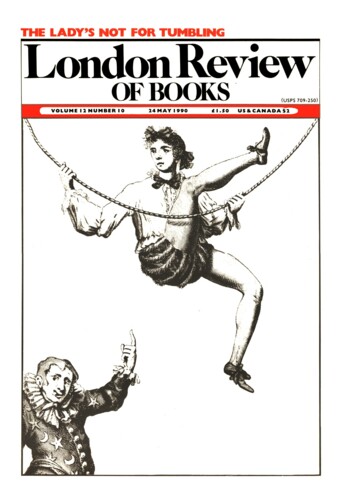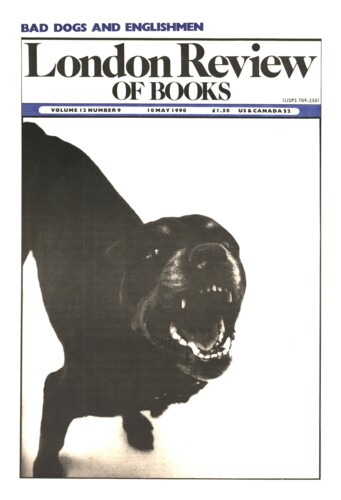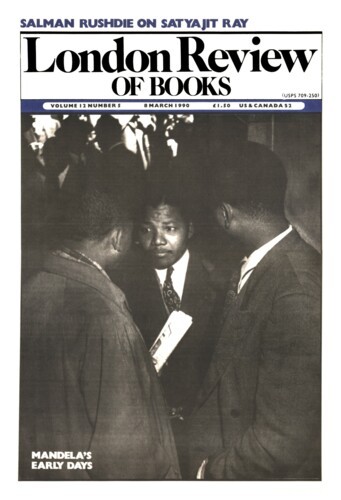Thousands of Cans and Cartons
Christopher Hitchens, 24 May 1990
Several years ago, Tariq Ali published an exquisite interview with a disillusioned veteran of the Indian Communist Party. This old comrade had been invited to Moscow by Khrushchev, and wanted a chance to express his misgivings about the treatment of Boris Pasternak. During a Bolshoi performance in which Khrushchev was showing no interest, he seized his moment. In vain. No, said the burly peasant, I want to hear no more about this author. We shall not be publishing him. Had it occurred to the party of Lenin, asked the Indian communist very silkily, that if literature was forbidden it might start to circulate in unauthorised forms? Maybe and maybe not, replied Khrushchev, but in any event the party of Lenin would not be giving it currency.




